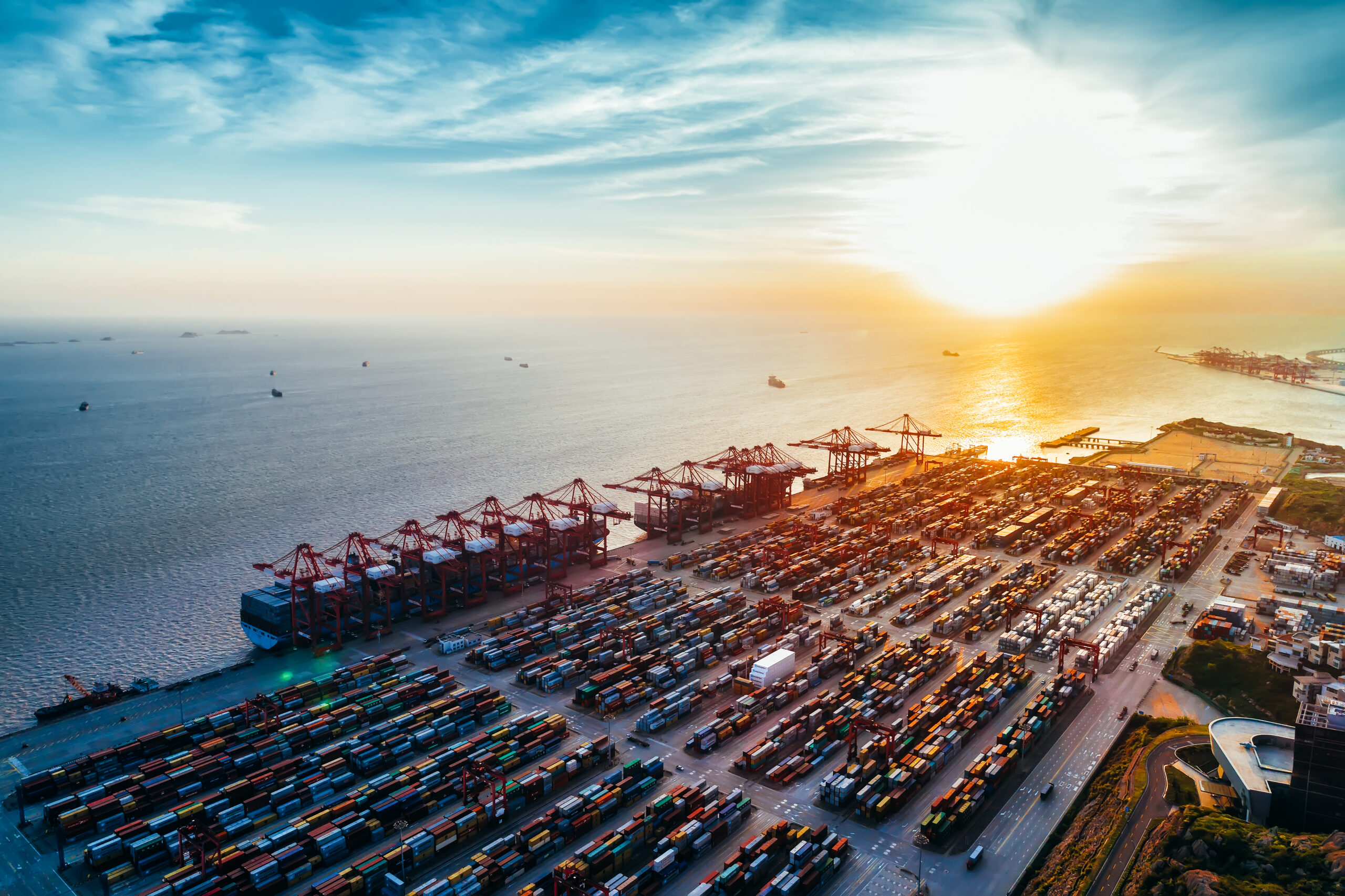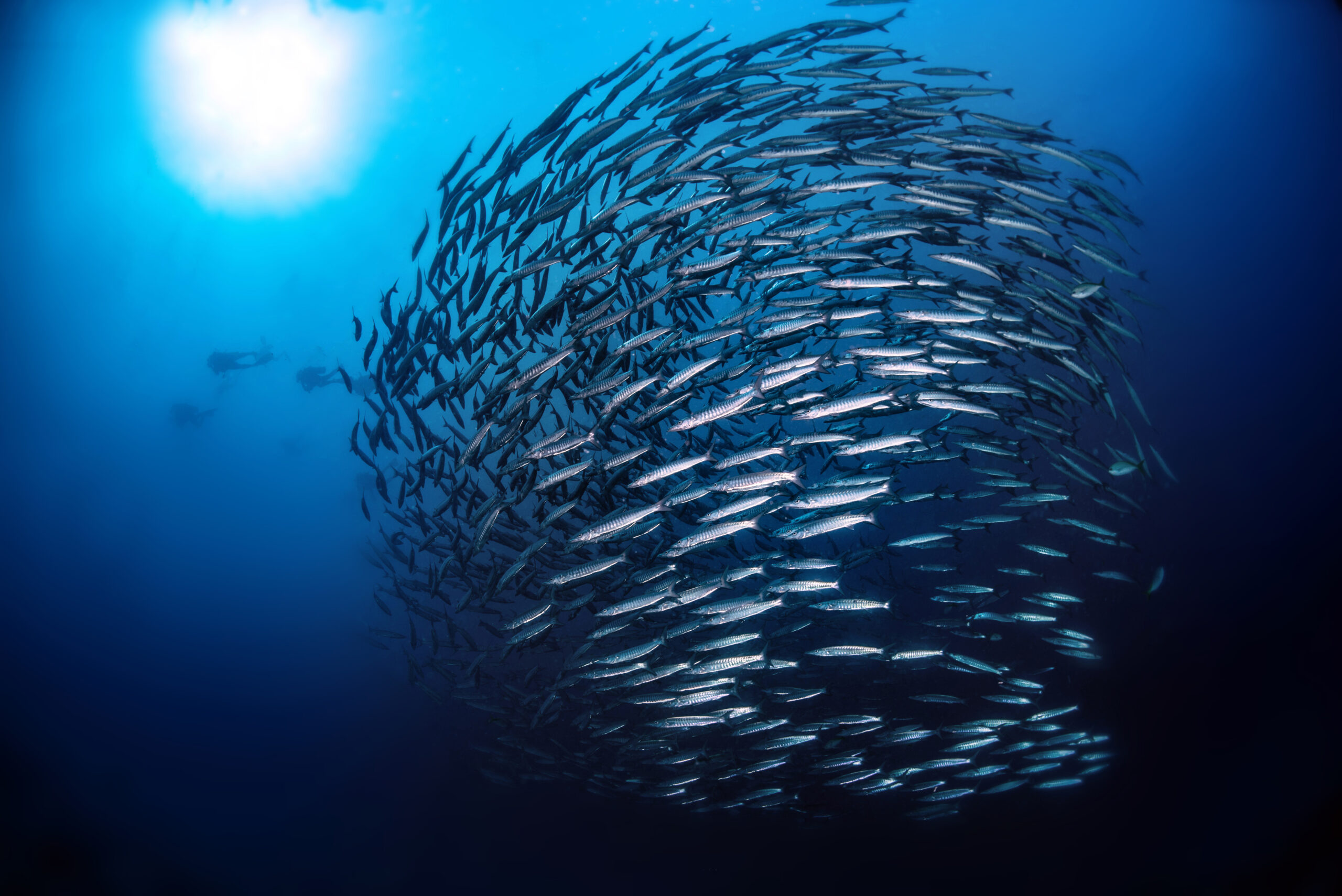
World Maritime Day 2022
New Technologies for Greener Shipping
Our oceans are subject to neglect and pollution which, if left unchecked, could be devastating for the future of our planet. Space-based Earth observations, communications and monitoring can be beneficial in observing oil spills, spotting harmful algal blooms, detecting harmful microplastics to monitoring the health of fisheries and tracking illegal fishing.

This will be crucial as we strive to protect our planet. Our oceans cover three-quarters of the Earth’s surface, contain 97 percent of the Earth’s water, and represent 99 percent of the living space on the planet by volume. The world’s oceans – their temperature, chemistry, currents, and life – drive global systems that make the Earth habitable for humankind. Our rainwater, drinking water, weather, climate, coastlines, much of our food, and even the oxygen in the air we breathe, are all ultimately provided and regulated by the sea. Careful management of this essential global resource is a key feature of a sustainable future. And this careful management requires the maritime sector to evolve and build back better and greener in a post pandemic world.
International shipping transports more than 80 per cent of global trade to peoples and communities all over the world. Shipping is the most efficient and cost-effective method of international transportation for most goods; it provides a dependable, low-cost means of transporting goods globally, facilitating commerce and helping to create prosperity among nations and peoples.
Environmental implications of a vast sector such as the shipping industry are significant. Every year, those container ships plying the world’s waterways generate about 1 billion metric tons of carbon dioxide into the air, which is about three 3% of all greenhouse gas emissions.

By increasing efficiency fuel consumption can be reduced, streamlining traffic can lower accidents and better communications could lessen the disturbance of ecosystems.
The AOS new space-powered communications system for the shipping industry will help to cut fuel consumption and, in turn, emissions. Better coordination between ships also means fewer accidents. Where accidents do occur, VDES will enable quicker response times, enabling faster clean-up of any diesel or oil spills. This will not only improve the safety of seafarers but will also contribute to a greener shipping industry – a critical part of our global climate change mission.
AOS, is a brand born from a collaborative partnership between AAC Clyde Space, ORBCOMM Inc. and Saab, who together are developing the next generation of space based VDES system, marking the beginning of a new era in maritime communications. The ultimate aim is to create a global maritime communication network enabling ship to ship and ship to shore communication everywhere on the globe, everywhere maritime communications.
The IMO theme ‘New technologies for greener shipping’’ is linked to the United Nations Sustainable Development Goals (SDGs), particularly SDGs 13 and 14 on climate action and sustainable use of the oceans, seas and marine resources; SDG 9 on industry, innovation and infrastructure; and SDG 17, which highlights the importance of partnerships and implementation to achieve these goals. A goal which AOS fully endorse!
Find out more at: https://www.un.org/en/observances/maritime-day
Sign up to our newsletters for the latest news, projects and more delivered straight to your inbox
"*" indicates required fields